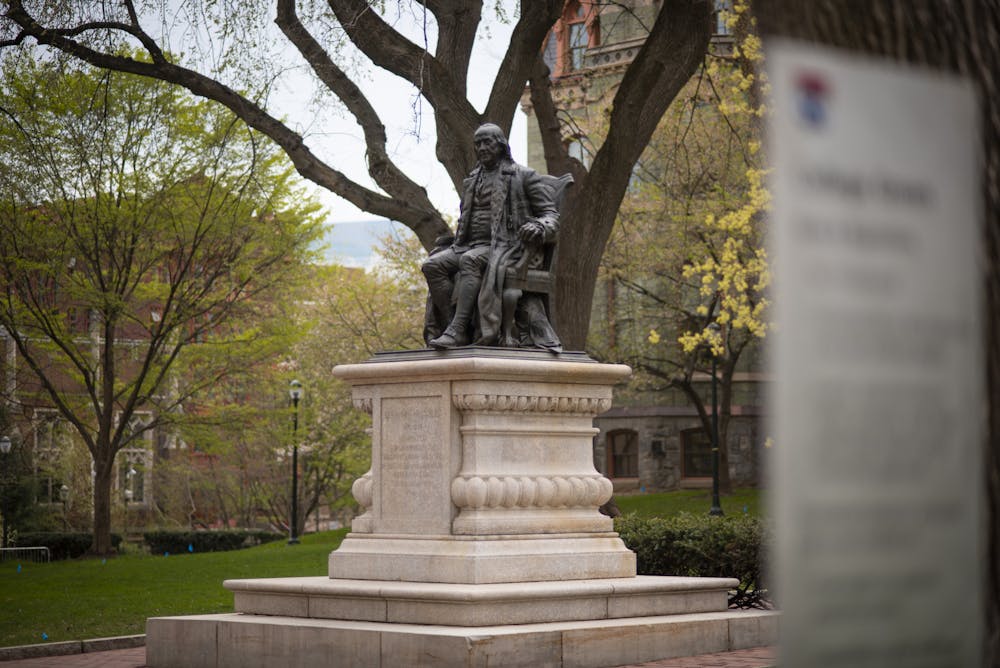As the Trump administration continues to escalate its attacks on universities across the country, Penn spent $250,000 lobbying the federal government in the first fiscal quarter of 2025 — the most money the University has spent lobbying the government in a single quarter since 1999.
According to a recently filed disclosure, Penn lobbied the federal government on multiple issues including National Institutes of Health funding, research, graduate medical education, and general matters pertaining to higher education and international students. The record expenditure from Penn comes as the University has continued to increase its spending on lobbying — totaling $640,000 in 2024.
Penn listed Associate Vice President of Federal Affairs William Andresen and Penn Medicine Corporate Director for Government and Community Relations Kristen Molloy as individuals who lobbied on behalf of the University in its lobbying report.
A request for comment was left with a University spokesperson.
The quarter — from Jan. 1 to March 31 — spanned a tumultuous time for the University, which has been targeted by the Trump administration from multiple angles.
In February, the NIH issued a directive capping “indirect costs” — which fund overhead expenses like lab spaces and support staff — at 15%. In a message to the Penn community at the time, then-Interim Penn President Larry Jameson wrote that the institution could lose up to $240 million as a result of the cuts.
In response, Penn, along with 12 other universities, filed a lawsuit. In an affidavit submitted with the suit, Senior Associate Vice Provost and Senior Associate Vice President for Research Elizabeth Peloso described Penn as one of the nation’s “top” research universities, stating that “vital research at Penn is made possible by funding provided by the NIH.”
Following the NIH cuts, Penn notified graduate departments to reduce admissions at several schools, including the School of Arts and Sciences and the Perelman School of Medicine. In a February email, Interim SAS Dean Jeffrey Kallberg attributed the decision to cut admissions as a “necessary cost-saving measure” in response to potential NIH cuts.
RELATED:
Jameson signs joint letter denouncing Trump administration’s ‘interference’ in higher education
Penn updates guidance for international students amid ongoing visa revocations
According to the federal lobbying report, Penn also focused lobbying efforts on “international students.” At the time of publication, eight Penn affiliates have been affected by ongoing visa revocations and immigration status terminations at the hands of the Trump administration.
Of the eight affiliates, seven had their SEVIS status terminated — including one undergraduate student, five graduate students, and one alumnus on a sponsored visa — according to a University spokesperson. One additional Penn affiliate had their visa revoked.
Other Ivy League institutions also reported record expenditures. Yale University and Harvard University spent $250,000 and $230,000 lobbying the federal government in the first quarter, respectively.
RELATED:
Jameson signs joint letter denouncing Trump administration’s ‘interference’ in higher education
Penn updates guidance for international students amid ongoing visa revocations
Isha Chitirala is a News Editor at The Daily Pennsylvanian and can be reached at chitirala@thedp.com. At Penn, she studies economics and political science. Follow her on X @IshaChitirala.









